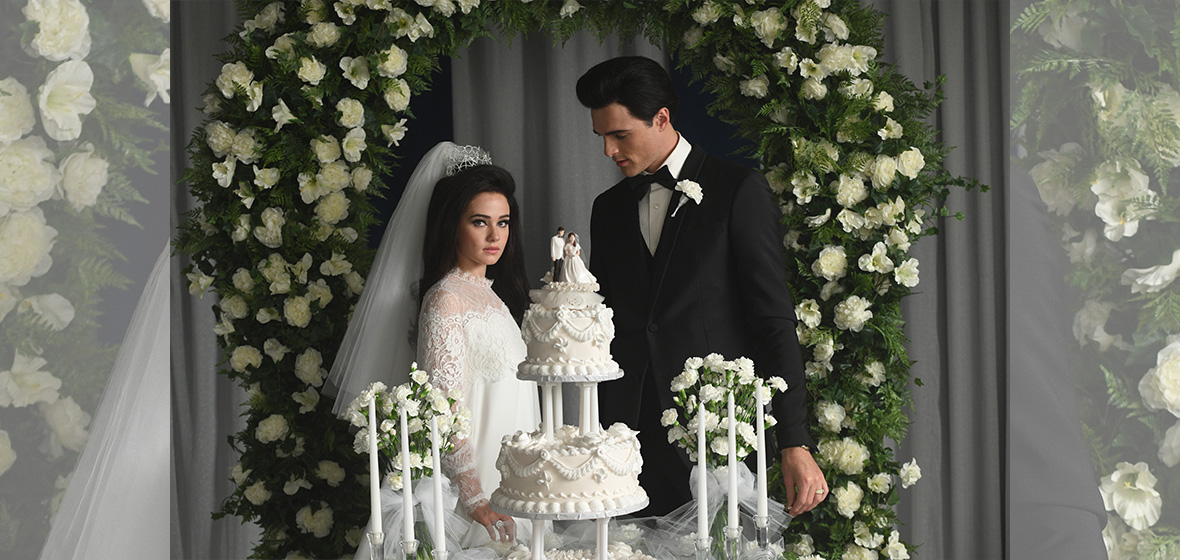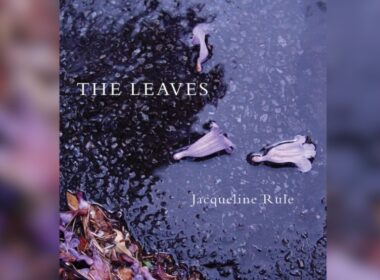Ticket giveaway – May December
LSJ and Transmission Films have 10 double passes for the upcoming Todd Haynes film, May December.
Despite what began as a shocking affair, then 36-year old Gracie (Julianne Moore) and 13-year old Joe (Charles Melton) now lead a seemingly picture-perfect suburban life some 20 years later. Their domestic bliss is disrupted when Elizabeth (Natalie Portman), a famous actress, arrives in their tight-knit community to research her upcoming role as Gracie. As Elizabeth ingratiates herself into the everyday lives of Gracie and Joe, the uncomfortable facts of their scandal unfurl, causing long-dormant emotions to resurface. In cinemas from 1 February. Watch the trailer here.
For a chance to win one of the double passes, email your LawID number and postal address with the subject line MAY DECEMBER to journal@lawsociety.com.au by Monday 29 January.
Priscilla
Someone at the Elvis estate thought they were making a statement for not allowing Sofia Coppola to use his music in the biopic about Priscilla Presley. The reason given was that the script, adapting Priscilla’s memoir, was not approved by the singer’s estate; which in this case means it strayed from the carefully-curated image of Elvis and dared to add some needed depth to his persona, not shying away from some uncomfortable truths. Ultimately, this is the story of a 14-year-old teenager romanced by a 24-year-old man. Coppola is not one to shy away from that.
But not letting her use his music? That has to be an oversight. Coppola is the filmmaker who tapped into the core of Marie Antoinette by pairing her with Siouxsie and The Banshees. Gang of Four’s “Natural’s Not In It” hit differently in 18th Century Versailles. If anything, if she was allowed to use Elvis’ songs, it would have helped to remember the myth behind the man.
This level of creative freedom is a loaded gun in the hands of a filmmaker who perfects the use of an anachronistic soundtrack.
Priscilla is, after all, the perfect canvas for Coppola, maybe even to a fault. It’s the story of a privileged girl (Cailee Spaeny) and her relationship with the biggest music star in the world (played by Australian Jacob Elordi). It hits the right notes of unfulfilled feminine potential and young wealthy ennui that Coppola had already explored in most of her filmography. It actually pairs well with Marie-Antoinette. Both are about girls too young to be married who end up in a recluse life of boredom. The difference between the two is that Priscilla truly loved Elvis.
Priscilla is the subject of her own story, but the film highlights Elvis’s importance in this equation. When he’s on tour, his absence looms over the poor Priscilla, who is forced to keep the appearance of the image his team built for her. In one scene, she’s told off for playing with her puppy too close to the main gate of Graceland – how she presents herself alone in front of others has implications.
Her personality is diluted without her consent. There is a contained tone to those moments; it feels coercive, but mainly because nothing is explained to Priscilla – it’s only understood that she has to accept that reality if she wants to be with Elvis. In one scene, he berates her for wearing a dress that “does nothing to your figure”, but his approach is matter-of-fact, like there is nothing judgemental about this.
Coppola asks questions about whether moments like this are violent red flags of control or just an extension of Elvis’s image. He gets to be himself when he’s alone with Priscilla – funny and passionate – but out there where there’s an audience, he is conscious his persona is part of his job. He puts those doubts about clothes on himself too, asking his wife at some point if a new fashion choice is correct. She, of course, approves, but she also sees Elvis the person as more important as Elvis the icon.
It’s interesting how, in Baz Luhrman’s Elvis, Priscilla is barely in it – reduced to a footnote distracted by the man’s iconography. We liked Austin Butler in that film – he’s cool, unapproachable and mysterious. Elordi’s approach is more intricate, though. Human and complex, he fleshes out the character so much that he stops becoming the pop culture symbol he wanted to be but the complicated being he actually was. Which is precisely how Priscilla saw him.
Nothing in Priscilla feels new to Coppola. It’s a comfort zone for her, which she thankfully doesn’t overcomplicate. It is a love letter to love itself, the kind of love that others don’t understand; too personal and only between the two people who experience it. Is it easy to accuse Elvis of grooming and control? Yes, and Copolla puts that in there, but she also adds agency to Priscilla and lets her live as she pleases, indulging in passion that is all hers.
In the end, after a moment of solid defiance, Copolla ends the film with Dolly Parton’s “I Will Always Love You”, which is easy to dismiss as simple and corny. But so is the pursuit of love. And no Elvis Presley song could ever reach that level of earnestness.
Verdict: 3.5 out of 5
A gorgeous, well-acted homage to the personal and complicated nature of love and desire. It has strength in its simplicity but will connect more with anyone currently experiencing their own romantic woes.




